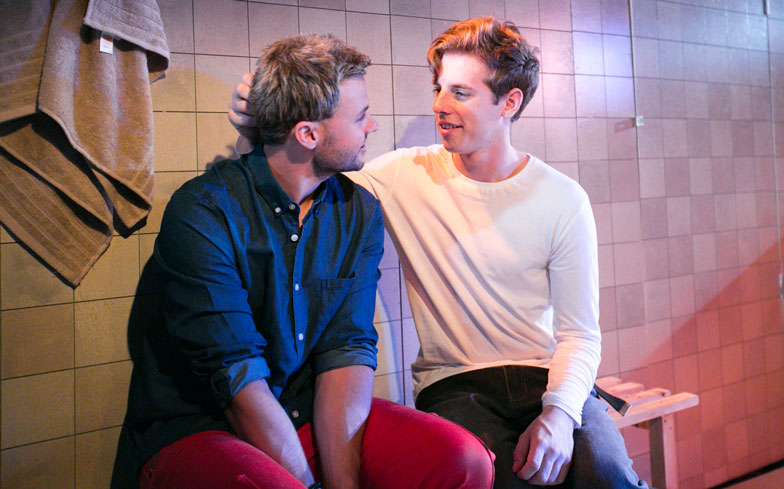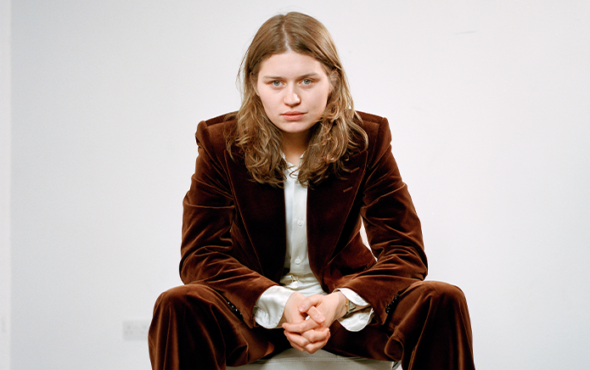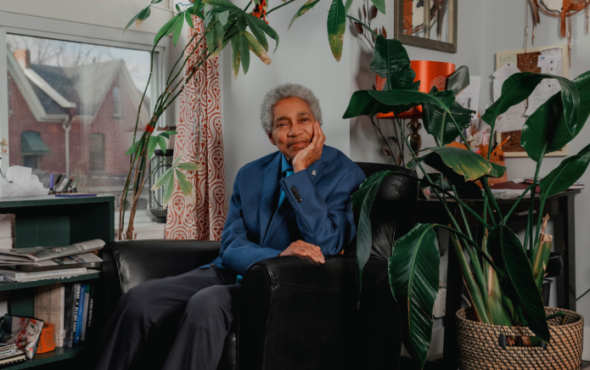
As Australian Parliament legalises same-sex marriage, Tommy Murphy, playwright for Strangers in Between at Trafalgar Studios reflects on the marriage equality debate.
My favourite moment in Australia’s equal marriage debate was as we neared the finish line. Thousands of us gathered in a Sydney park to hear the announcement by the chief nerd at the bureau of statistics. We waited with heart palpitations, remembering Brexit and the shock of Trump’s win. We were clinging to each other and to each word of a public servant’s pronouncement.
In the silence before he came to his point, some queen popped his champagne cork way too soon and hollered an apology. A couple of thousand people around him burst out laughing in unison. It was a lovely reminder of what we have: our togetherness. The LGBTQ rabble and their allies, stood arm-in-arm and unbroken. Within moments we were kissing, cheering, crying. We were relieved.
Related: Same-sex marriage is now officially legal in Australia!
This isn’t the same as Ireland’s historic vote or the beautiful oratories accompanying New Zealand’s passage of their marriage law. This has been long, weird and unnecessary. The government asked the Australian public to judge the validity of LGBTQ relationships. They didn’t need to. The politicians were empowered to make the decision. Instead they conducted a 120 million dollar postal survey – not a vote, not even a necessary mechanism of our parliament. The Australian Labor party will claim all the political capital they can in parliament. They could have – should have – sorted this out a decade ago.
I underestimated the dim mood that would descend on my household and among my peers during the campaign. It hit home when my fiancé and I attended a production of my play Holding the Man in August. The cast and audience’s tyres had been slashed. This is in Sydney’s leafy, suburban North Shore. It was a shock. The play was clearly targeted because of it had been marketed as a gay love story. I’d taken acceptance for granted and maybe that’s a good thing.

Andreas Grieger
This issue of equal marriage in Australia has been long underestimated for its political impact. You’d hear politicians claim that the people in their electorates really just want to talk about electricity prices or taxes. Queensland independent MP, Bob Katter, famously once declared he ‘would walk to Bourke backwards if the poof population of north Queensland is any more than 0.001 per cent’. That’s about 2000 kilometres from his Innisfail electoral office. After the marriage vote he shot back with, “I ain’t spending any time on it. Because in the meantime, every three months, a person is torn to pieces by a crocodile in north Queensland.”
In fact, long-term figures from the Queensland Department of Environment and Heritage Protection show a rate of one crocodile attack every three and a half years from 1985 to now. That’s according to the ABC fact-checking unit. But I suppose that’s not the point. Even in Katter’s large rural conservative electorate, almost half voted in favour of those ‘poofs’ to get hitched and pop their corks. Nationwide it is resounding. If it were a federal election the vote would have installed a government of 133 MPs with 17 in opposition. People have a capacity to care about many things at once, including money, crocs and electricity supply. They also care deeply about their LGBTQ colleagues, friends and family members and this week the Australian parliament cannot ignore the mandate they issued. Finally.
Related: Australian MP proposes to boyfriend during marriage equality debate in parliament
I’ve been given pause to think about the shifting mood in Gay Australia, not only because of the survey but because my play Strangers in Between is revived at the Trafalgar Studios in London. I wrote this tale about a gay boy leaving the country for the city in 2005. Shane runs from violence and finds himself dependent on the kindness of strangers. I wonder if Shane’s adventures could eventuate in 2018.
For one, he doesn’t even own a phone. There’s no hook up apps to remedy his loneliness or sexual curiosities. He speaks of hair gel and cargo pants and things that we’re probably glad to have lost. I suppose the constant that remains is a very particular brand of nurture that occurs within the gay community. I’ve personally benefitted from it, as does this character of Shane. The play celebrates a tender mentoring and a connection that evolves into something akin to family.
The play probably has a new frame today because of a context in which we’re rightly suspicious about predatory behaviour. There’s a moment when Shane offers himself to an older man. He thinks it is what they both want. He is wrong. It nearly costs him the person who will rescue him from his pain. I suppose that scene will hold a different tension in this current production because we are acutely alert today to how easily power is abused and signals misconstrued.
Each character in this story struggles to understand their duty to each other. Are they here to fuck each other, care for each other, love each other or something in between? I hope that the unions made between these strangers also chime with what we are experiencing in Australia: a queer solidarity that should never be underestimated.
More information can be found here.
Words Tommy Murphy




